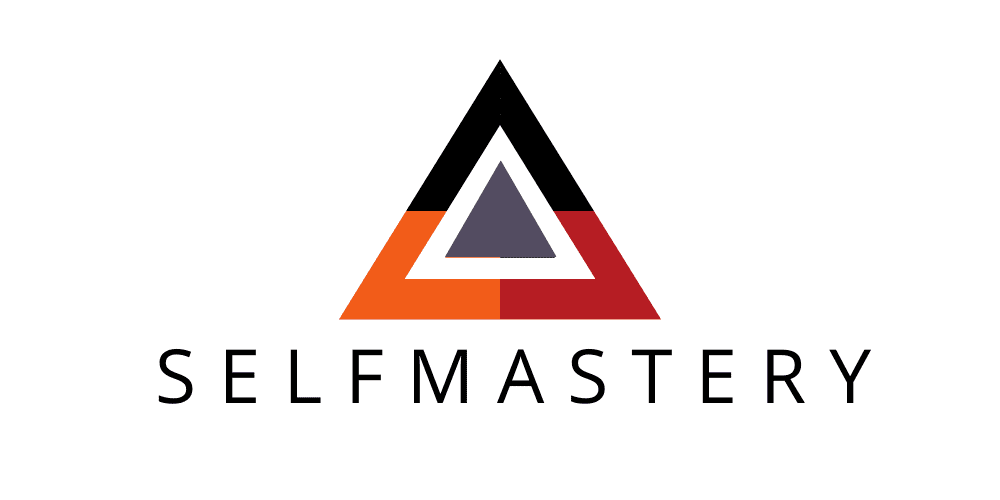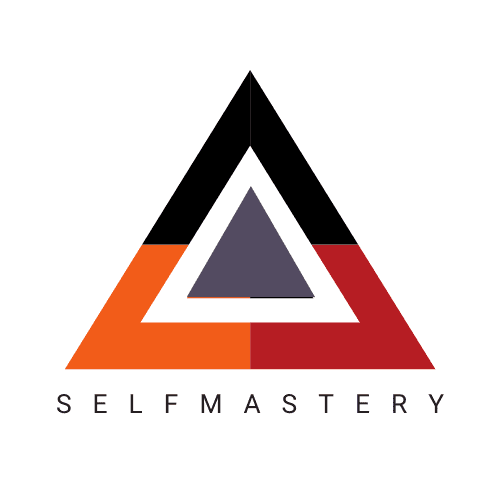
10 Oct Study yourself
When people come to talk to me about nutrition and fitness and I ask them to rate their current eating habits. Invariably, they respond: “Pretty good, sometimes I eat junk, but mostly pretty good”. Of all my clients only one has ever said to me “I have no idea how to eat”. Everybody else says, “I eat pretty good”. This used to bug me a lot. I would sit there with the person and listen how their bodies did not perform how they wanted, did not look how they wanted, how they felt tired all the time, putting on weight, getting sick often, but then I would ask them “so how is your eating?”, and inevitable they would tell me: “pretty good!” It seemed to me there was a detachment from reality there that I could not understand. Even people who needed to lose lots of pounds would tell me: “I know how to eat, I eat pretty well but sometimes my portions are too big”. I was in a constant state of WTF? Just like Barack.
But then one day I my wife told me about a study on parents and their perceptions of their kids’ daycare. She is a brilliant early childhood educator and I am a slower kind of nerd so she summarized it for me this way: “It is almost impossible to find a parent that says “my kid goes to a shitty daycare” despite the fact that lots of daycares are sadly pretty shitty.” Sometimes, it is just avoidance created by fear, “if my kid goes to a shitty daycare I will have to make a big change in my life to fix that”. And that kind of change implies a lot: from financial and personal sacrifice to research and a considerable time commitment. Sometimes, it is that parents don’t have a feasible choice: they are already doing their fucking best, and facing the cruel reality that their childcare is mediocre is just too painful. But sometimes, it is just plain ignorance. We don’t know how to evaluate a daycare, we have never been taught about the developmental needs of a young child, and so we just don’t really know what to look for. Often we also find the shiny things alluring, we care too much about the super cute, fancy educational toys your kid gives ZERO fucks about, and we care too little about the kid having all the necessary sensory experiences of playing with dirt, mashing some bananas, and falling hard on her butt–with adult supervision.
This story made me realize that when it comes to nutrition it’s not that we cannot see reality, it is that we have NO IDEA. We were never taught how to evaluate whether our eating habits are actually good or not. We have beliefs about nutrition, but we have no way to test those beliefs and, to be honest, most don’t even feel the need to test them. To make things worse, the internet is full of the next best shiny diet: ketogenic, veganism, vegetarianism, low carb, high carb, carnivore diet, paleo diet, whole 30, weight watchers, organic free-range home-schooled turduckens, etc. Combine genuine ignorance with media telling us that there is such a thing as Good Eating that is independent of our genetics, our socio-economic context, our cultural background, and our present state, that there exists a one-size-fits-all nutritional approach that will guarantee you results, and you are clusterfucked, my friend.
The first thing you have to accept when examining your diet is that nutrition is personal–suuuuper personal! On the practical level: you don’t care what works for most, you care about what works for YOU. It is great if Ramiro can thrive only on hydroponic microgreens and raw kale, but if that beef liver is keeping the anemia that runs in your family at bay, and is helping you feel great, guess what? Eat that liver in the most responsible way possible and leave Ramiro to his veganism. This implies than when it comes to deciding what is eating well we have to start by identifying how are we going to evaluate that at the personal level. Here are some measures I like to track for myself and my clients.
- Energy levels: food is energy. Calories are not weight, calories are a measure of energy. If you are lacking energy constantly during the day, something is off. If your energy levels are a roller coaster through the day, and you find yourself trying to control that with coffee, something is off. If every day one hour after eating that bagel with cheese you crash hard in front of the computer, it might not be your job that is boring. Your diet should keep your energy levels fairly stable throughout the day so you can crush life!
- Hormonal Cycles: food is information. Nutrients are like instructions for the functioning of the body. Are you constantly cranky? Are your sleep cycles a fucking mess despite the fact you go to bed and wake up at the same time regularly? Is your body temperature a carnival? Is your period as unpredictable as the weather? Foods, especially fats, are fundamental in the regulation of hormones; if your endocrine system is off, everything is off.
- Poop: food should move through your system regularly. Do you poop like a baby after every single meal? Do you even poop consistently? Or is your pooping always a surprise: sometimes diarrhea, sometimes you have to go in the office, sometimes you don’t poop for three days. Your poop is a great indicator of how your diet is. It is probably the most direct feedback you can get. Also, the quality of your stool is a good indicator of the health of your gut! You can skip all the gluten talk, forget the crazy expensive biome tests, just track your shit, and if it is good you are solid (all puns intended). A daily morning deuce (MD), if that’s where your routine and digestion gets you, is a wonderful thing.
- Skin and hair and teeth: food is what the body is made of. When I was a kid, my dentist could tell if I had been eating a lot of sugar by just examining my teeth. Somewhere along the line, we stopped caring about that, and somehow sugar won. Do you have more zits and more cavities than you would like yet you don’t track your sugar? Stop eating sugar and foods with added sugar for two weeks and check the health of your skin, and your teeth–you might be surprised. Have you ever given fish oil to your dogs? Do it for three weeks and track the quality of their fur, then prove the same thing on yourself and see how your hair looks. Skin, hair, and teeth are great indicators of overall health and of a sound diet.
- Athletic Performance: food allows us to move our bodies. You kill yourself at the gym, you have run 3 marathons this year, lift all the fucking weights, had dug dip into all the athletic fitness trends, yet nobody has ever asked you if you workout, and your performance is as unpredictable as your poop. Solid nutrition will enhance your performance, poor nutrition will hinder it. If you have been in a plateau for too long, if instead of getting better at your sport you are getting worse, it might not be your not pushing hard enough, it might be your nutrition is not on point.
- Weight and adipose tissue (fat): food is like instructions for the composition of the body. Are you eating a ‘super healthy’ vegetarian diet but your belly has been growing every year consistently for the past 5 years? Have you been paleo-ing harder and harder, but you can’t seem to shed those bingo arms? No it is not that vegetarianism makes you fat or thin, or that paleo is a lie, it is that any given diet is neither good or bad for you per se. If you are gaining fat, it means your diet is triggering your metabolism to store fat more than to burn fat. Your diet should support your energy levels but it should not promote the accumulation of fat. Something is off and you should check it. You may still be vegetarian or paleo–but you might benefit from adjusting things to better fit your body.
I choose these measures because they are easy to track without any sophisticated equipment or specialized knowledge. They are simple, but they require discipline and diligence. Moreover, they require consistency over time: only by tracking, noting, and logging consistently do we get meaningful data, from which we can draw reasonable conclusions.
I invite you to do an experiment on yourself. Use this as an excuse to buy an awesome Moleskine and for a couple of months track the 6 categories above. Be diligent, be a scientist, write a journal that makes you proud. You might find your nutrition could use some tweaking which is awesome, it’s finding a way to make your life better! But if everything checks out and you feel consistent in all 6 aspects write me an email in all caps saying MY KID’S DAYCARE IS FUCKING AWESOME.


